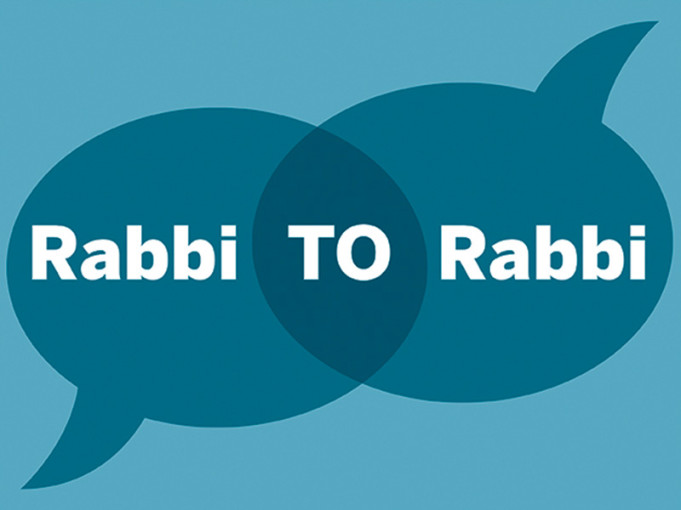Even rabbis need to get lost in a good novel once in a while
Rabbi N. Daniel Korobkin
Beth Avraham Yoseph Congregation, Toronto
Rabbi Lisa Grushcow
Temple Emanu-El-Beth Sholom, Montreal
Rabbi Grushcow: I was saddened to hear about the death of Jewish-Canadian novelist Nancy Richler recently. Of the books she wrote, I was especially moved by The Imposter Bride and Your Mouth is Lovely, both of which reflect elements of the Jewish experience. More and more, I find literature to be a source of nourishment, and I feel especially fortunate to be in Montreal, with its strong Jewish literary life.
This month, I’ve been writing a lot, as I was asked to do a commentary on the Book of Numbers for the Union for Reform Judaism. In between writing, I’ve been reading books that have little or nothing to do with Judaism, for a change, including The Heart Specialist by Claire Holden Rothman, Major Pettigrew’s Last Stand by Helen Simonson and The Illegal by Lawrence Hill.
Over the years, books have shaped me, and my faith, in profound ways. I think of In the Skin of a Lion by Michael Ondaatje, Lying Awake by Mark Salzman, Leo the African by Amin Maalouf, Oranges are Not the Only Fruit by Jeanette Winterson, All the Light We Cannot See by Anthony Doerr and many more.
What books have been formative to you? What are you reading now?
Rabbi Korobkin: All too often, we rabbis get so immersed in our pulpits, that it becomes hard to find the time to read good literature, other than the Torah studies that we need to read, in order to teach and preach. But you’re right: good literature expands our minds and our souls, even when the content is not directly related to Judaism.
Because of time constraints, I sometimes save books on my “to-read list” for long plane trips and summer vacations. Some of my favourite authors, such as Jonathan Haidt and the late Peter Berger, reflect on social and psychological behaviour. I also enjoy reading personal spiritual journeys, like If All the Seas Were Ink, Ilana Kurshan’s recent memoir about studying the entire Talmud using the Daf Yomi system. James Kugel’s The Great Shift, which is about how modern neuroscience can help us better understand how ancient man read the Bible, is another fantastic read.
Finally, two recent fictitious books about the Holocaust that were written by people close to me – my mother, Frieda Korobkin, and my congregant, Sharon Green – both brought me to tears.
Rabbi Grushcow: I, too, recently read Ilana Kurshan’s book. At one point, she gives a perspective on the conversation you and I are having, recounting a time when she decided to keep reading her book, instead of pausing for evening prayers. She writes: “God, for me, was more likely to be found in the pages of Don Quixote, where the intricate narrative craft reminds me that the world is about so much more than what we sense at any given moment.”
For you and I, the universalism of literature flows back into our teaching of Torah. One of the most inspiring reflections on faith I have ever read comes from Mark Salzman’s portrayal of the spiritual struggles of a cloistered nun in Lying Awake. But good literature also reminds me how, as Rabbi Lawrence Hoffman teaches, ritual itself is an art form.
Resonant music, well-crafted sermons, a beautifully set Shabbat table – all these things are important to a meaningful Jewish life. I want to find more ways for people to experience that kind of beauty and joy, perspective and inspiration.
Rabbi Korobkin: The institutional aspects of communal Judaism are often constraining. For so many Jews today, the synagogue can be the place that they find spiritually stifling. That’s why rabbis must always explore new informal and innovative venues for finding God. Perhaps you, as a Reform rabbi, have more liberty to experiment than I, as an Orthodox rabbi. But we both agree that many, if not most, of our congregants are searching for something outside the shul that can help them capture communion with the Divine.
Spiritual inspiration is extremely personal and must be catered to the individual. For those who find Torah study inspiring, it may entail setting up a havruta, or listening to a charismatic speaker. For others, perhaps it’s a sunrise service on a mountaintop, or a concert of Hasidic music and dancing. Like you, I’m always trying to find solutions. Let me know when you find the magic cure.
